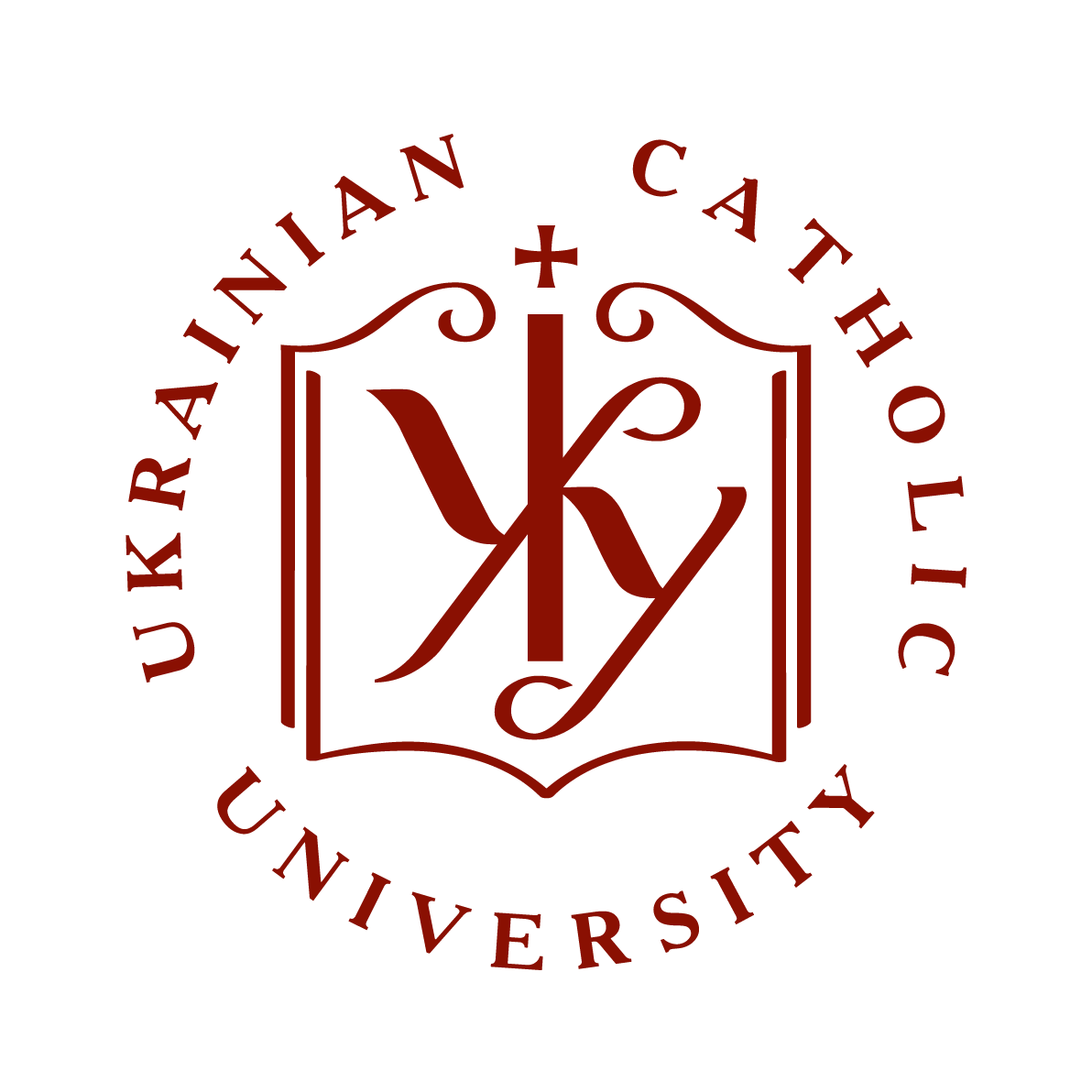Сценарії JavaScript вимкнено для Вашого браузера. Деякі функції цього сайту не будуть працювати без них.
| dc.contributor.author | Sereda, Ostap
|
|
| dc.contributor.author | Середа, Остап Володимирович
|
|
| dc.date.accessioned | 2016-02-16T20:27:04Z | |
| dc.date.available | 2016-02-16T20:27:04Z | |
| dc.date.issued | 2014 | |
| dc.identifier.citation | Sereda O. “As a Father among Little Children”: The Emerging Cult of Taras Shevchenko as a Factor of the Ukrainian Nation-building in Austrian Eastern Galicia in the 1860s./ Ostap Sereda // Kyiv-Mohyla Humanities Journal. - 2014. - Р. 159–188. | uk |
| dc.identifier.uri | http://er.ucu.edu.ua/handle/1/633 | |
| dc.description.abstract | У статті розглядаються динаміка й головні інституційні форми появи культу Тараса Шевченка у підавстрійській Східній Галичині та його впливу на формування української національної ідентичності в краї. Якщо перед 60-и рр. ХІХ ст. окремі твори Т.Шевченка поширювалися у періодичних виданнях та рукописних копіях серед вузького кола галицько-руських діячів, десятиліття після 1861 р. було позначене ростом громадського зацікавлення до поезії й особи Т.Шевченка. Ознайомлення з його текстами (як через читання, так і через прослуховування публічних і напівпублічних декламацій) формувало публіку українських національних діячів. Наприкінці 1860-х років культ Т.Шевченка інституціоналізовано через усталені коммеморативні практики та шкільну освіту. | uk |
| dc.language.iso | en | uk |
| dc.subject | literary cult | uk |
| dc.subject | літературний культ | uk |
| dc.subject | Taras Shevchenko | uk |
| dc.subject | Тарас Шевченко | uk |
| dc.subject | Eastern Galicia | uk |
| dc.subject | Східна Галичина | uk |
| dc.title | "As a Father among Little Children”: The Emerging Cult of Taras Shevchenko as a Factor of the Ukrainian Nation building in Austrian Eastern Galicia in the 1860s | uk |
| dc.title.alternative | "Як батько помежи дрібними діточками". Поява культу Тараса Шевченка як чинник українського націєтворення в підавстрійській Східній Галичині у 1860-х роках | uk |
| dc.type | Article | uk |
| dc.status | Опублікований і розповсюджений раніше | uk |
| dc.description.abstracten | This article explores the dynamic and main institutional forms of the emergence of the cult of Taras Shevchenko in Austrian Eastern Galicia, and its influence on the shaping of Ukrainian national identity in the province. If prior to the 1860s, Shevchenko’s works were circulated in limited number of printed editions and manuscript copies among the narrow circle of Galician Ruthenian activists, the decade after 1861 was marked by the growth of public attention to Shevchenko’s poetry and personality. The wide exposure to his texts (through both reading and listening) formed the public of Ukrainian national activists. Since the late 1860s, Shevchenko’s cult began to be institutionalized through the regular commemorative practices and school education. | uk |
| dc.relation.source | Kyiv-Mohyla Humanities Journal 1 (2014): 159–188 | uk |
Files in this item
This item appears in the following Collection(s)
-
Статті [67]
Articles


